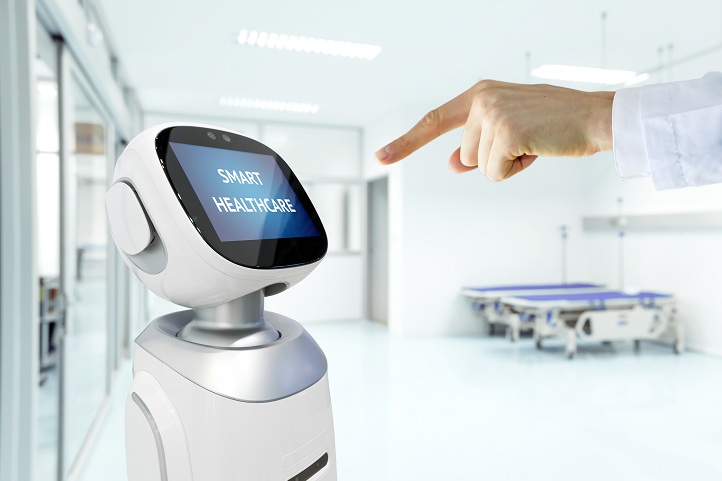Artificial Intelligence, EHRs and the future of health technology
Artificial intelligence has been the stuff of stories for years – it’s a buzzword that has infiltrated conversations about technology in all industries. Thought leaders have lauded the possible uses of AI in chat bots, virtual assistants, when interpreting lab results, by improving clinical documentation, when treating PTSD in veterans, etc. Artificial intelligence is gaining traction across the board and particularly in healthcare.
Whether it’s IBM Watson Health, Apple’s foray into EHR, or an Amazon Alexa for healthcare… the race to include artificial intelligence in healthcare and eHealth tech has started. These tools are potentially big steps forward for healthcare technology, but there have been more incremental changes as well.
With the integration of artificial intelligence, our standards are rising for the tech we use to manage healthcare. Most EHRs or EMRs now include a number of add-on features that can enhance clinical decisions.
However, data is simply no longer enough.Leonard D’Avolio, CEO and co-founder of Cyft put it well when he said, “we do ourselves a disservice when we refer to [artificial intelligence] as something that we just take a ton of data, push a button and cure cancer.” He thinks that healthcare professionals need “to be more realistic about what these tools can and can’t do.”
Understanding data and what a customer truly needs is the “foundation for transformation,” D’Avolio continues.
Here’s what it comes down to (and what D’Avolio is saying): the discussion around artificial intelligence requires nuance. A doctor or medical professional brings practical experience to the table. Artificial intelligence will never be able to replace the instincts honed by years of experience.
AI is the future of most tech… including health IT. Meanwhile, certain features can automate alerts and alleviate provider workload.
— blueEHR | Health IT (@zhhealthcare) November 2, 2017
EHR and healthcare tech companies must develop ways to incorporate the individual experience and wisdom of doctors into the technology itself. Every provider is different and deserves a tool to capture his or her unique practice.
Take for example, the clinical decisions rules engine within our own blueEHR. The module includes a list of preset clinical reminders within the workflow, but also allows the doctor to input their own rules. These custom rules could trigger based on certain patient filters, automatically reminding the doctor to do certain quality measures based on that specific aspect. Gone are the days of manually tracking the specific quality measure required for each patient demographic. With a little automation, an EHR can do that for you.
Cookie cutter solutions are not the future… particularly not in an industry that is evolving toward more personalized medicine and treatment.
Want to learn more about the clinical decisions rules engine?

